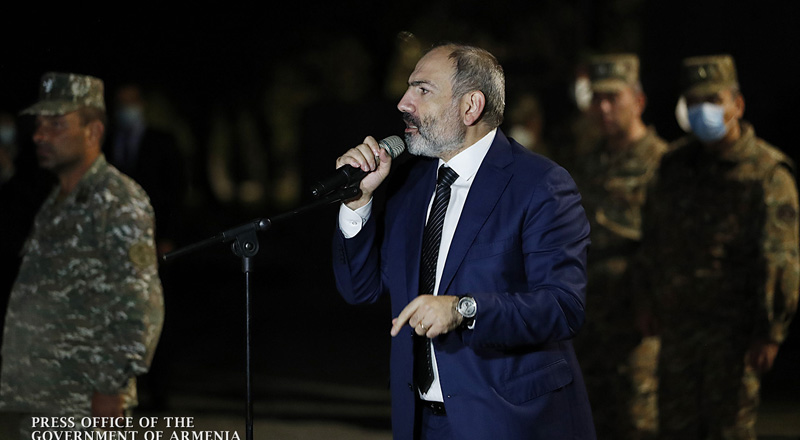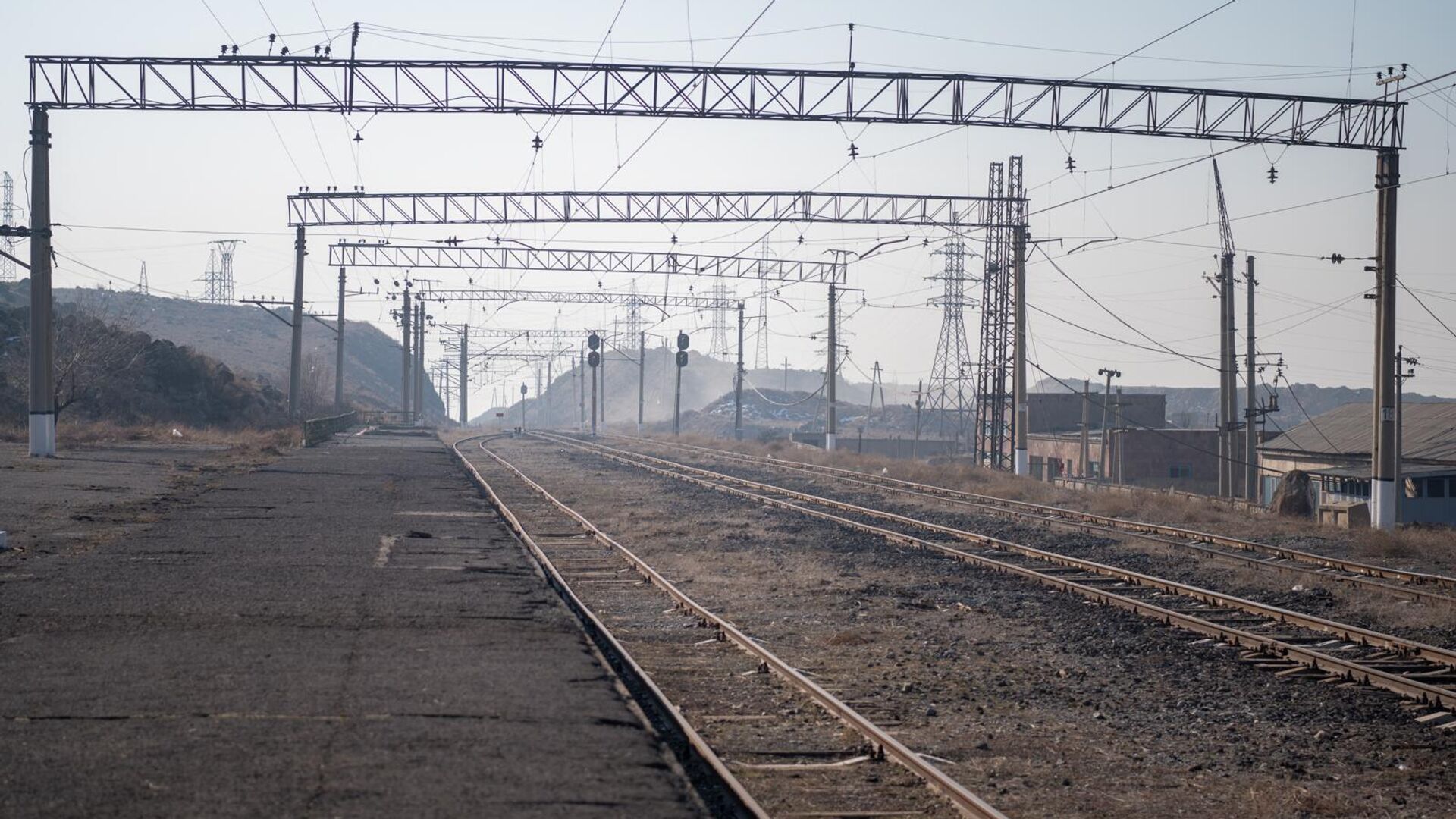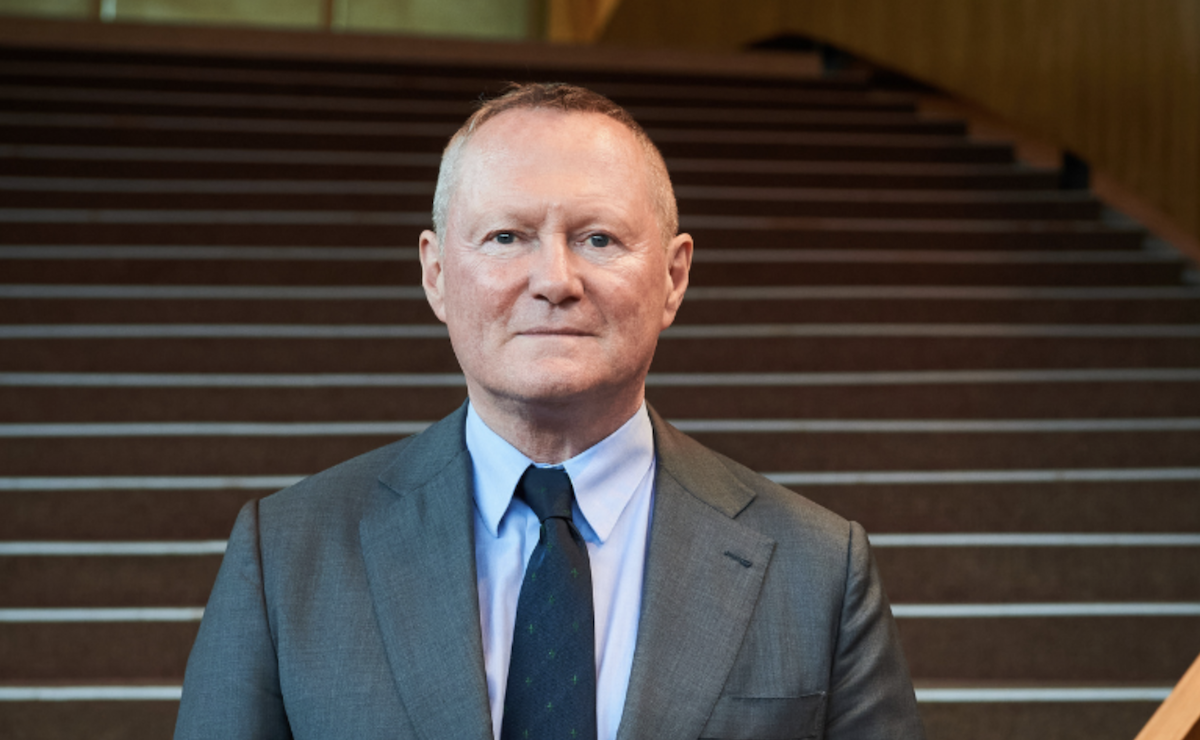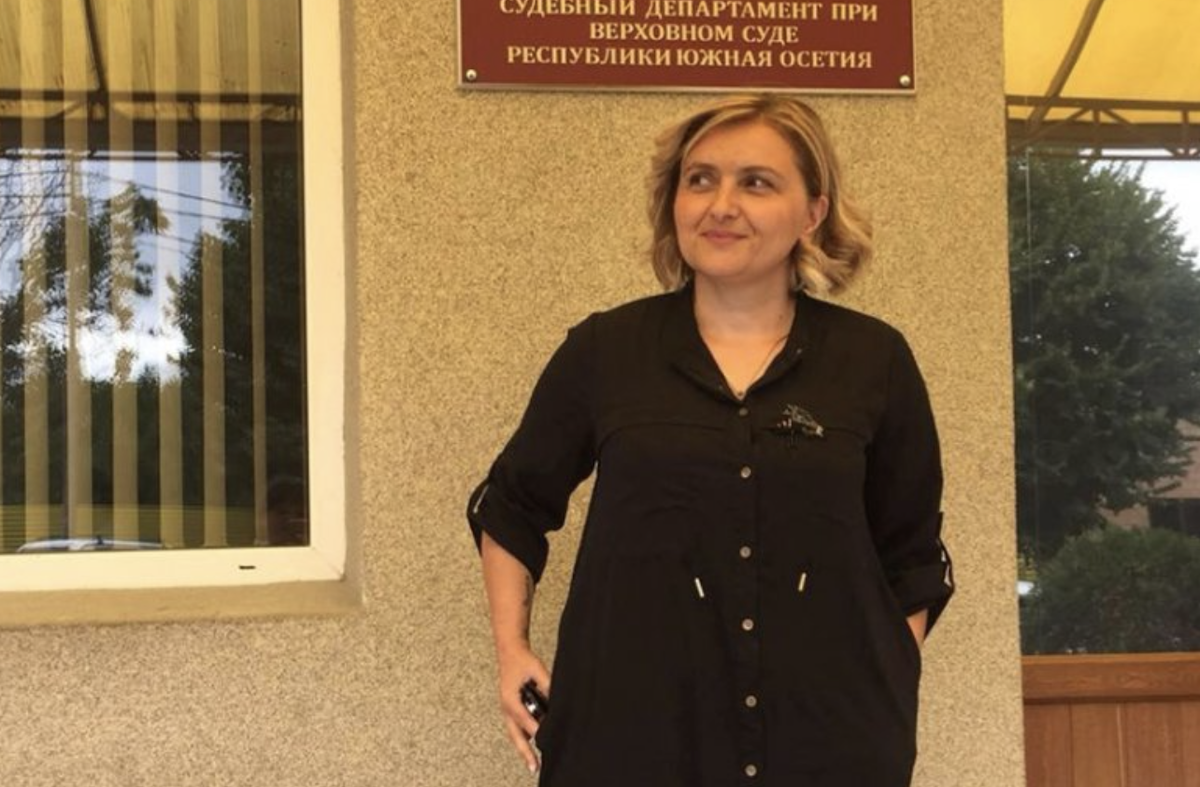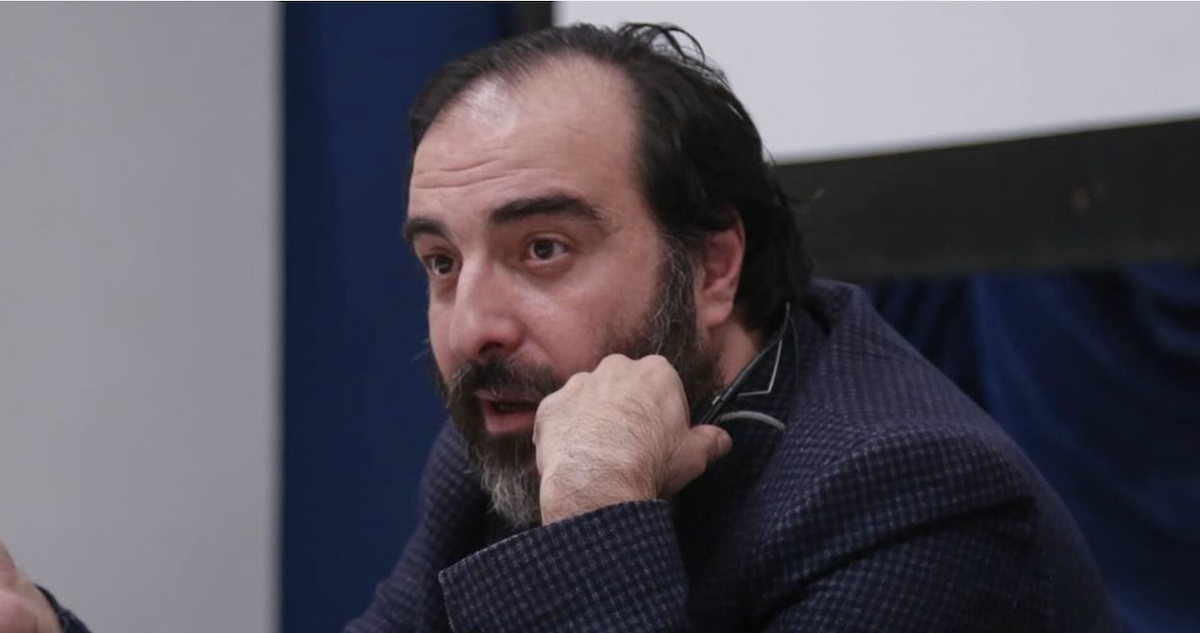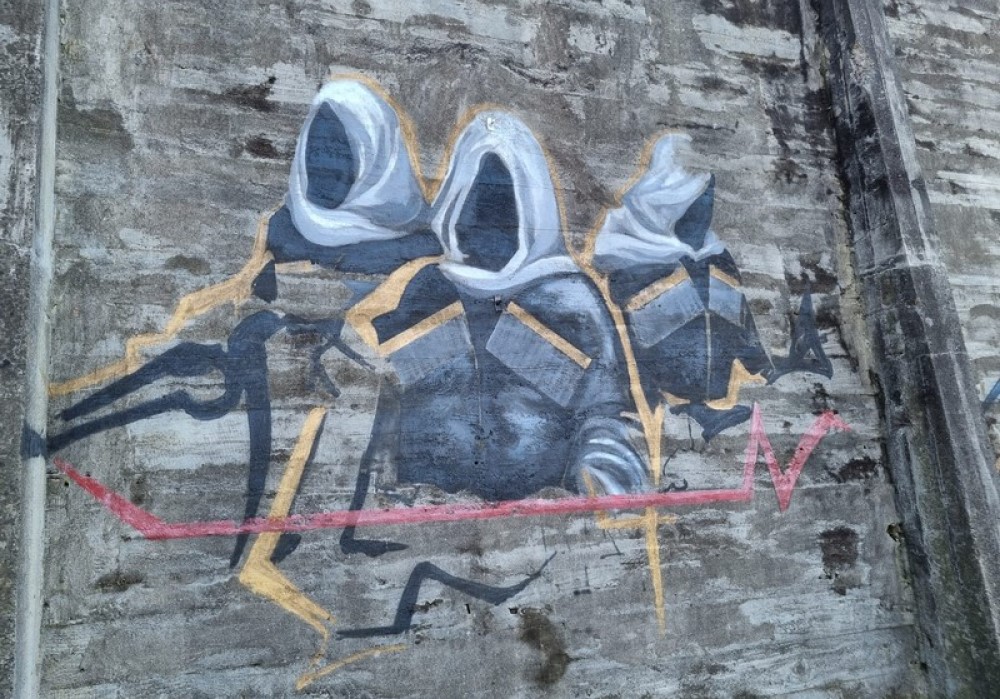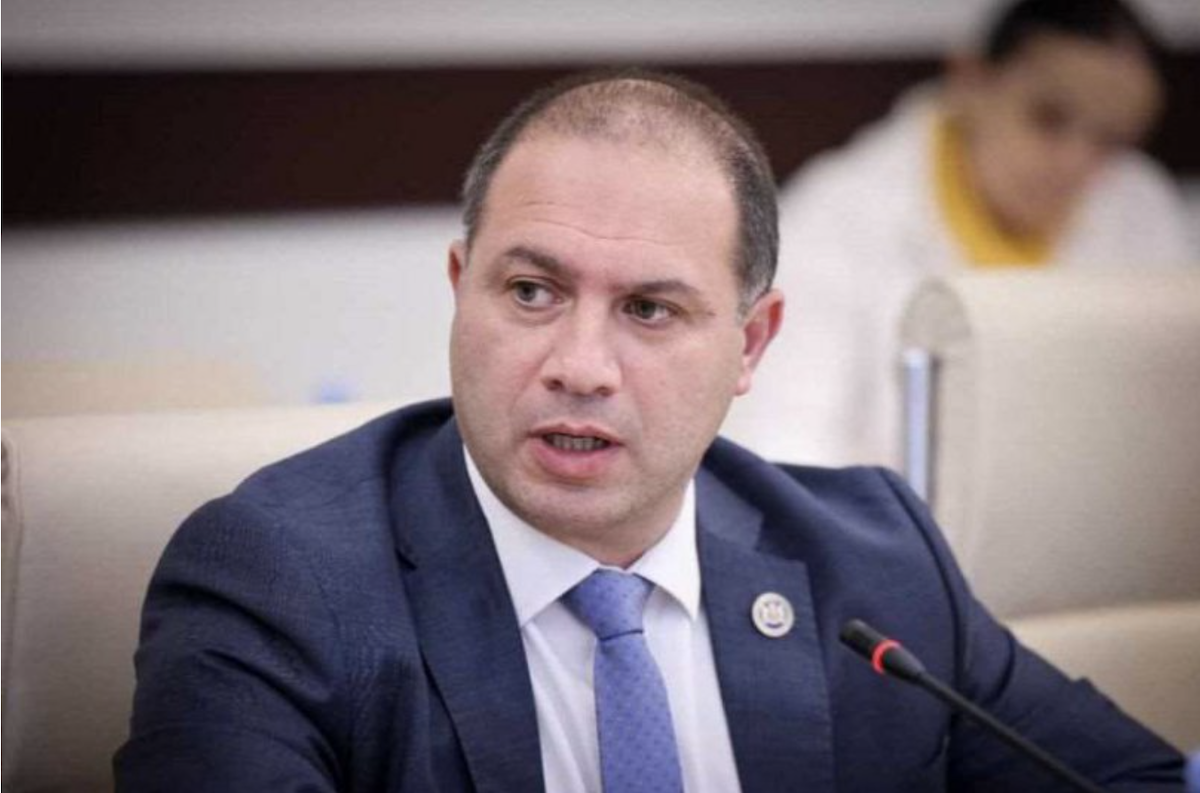Armenia makes ‘tough decision’ on Karabakh – will it end the war?
The announcement of a ceasefire in the Karabakh conflict zone on the night of November 10 caused a harsh reaction in Armenia. Thousands of protesters outraged by the terms of the truce took to the streets.
According to the document signed by the heads of Armenia, Azerbaijan and Russia, the regions adjacent to Nagorno-Karabakh will be transferred to Azerbaijan. Azerbaijani refugees are also expected to return to the area.
Residents of Armenia regarded this agreement as “the factual transfer of Karabakh to Azerbaijan”. At night, protesters broke into the government house, then into the parliament. The riots in Yerevan continued for most of the night.
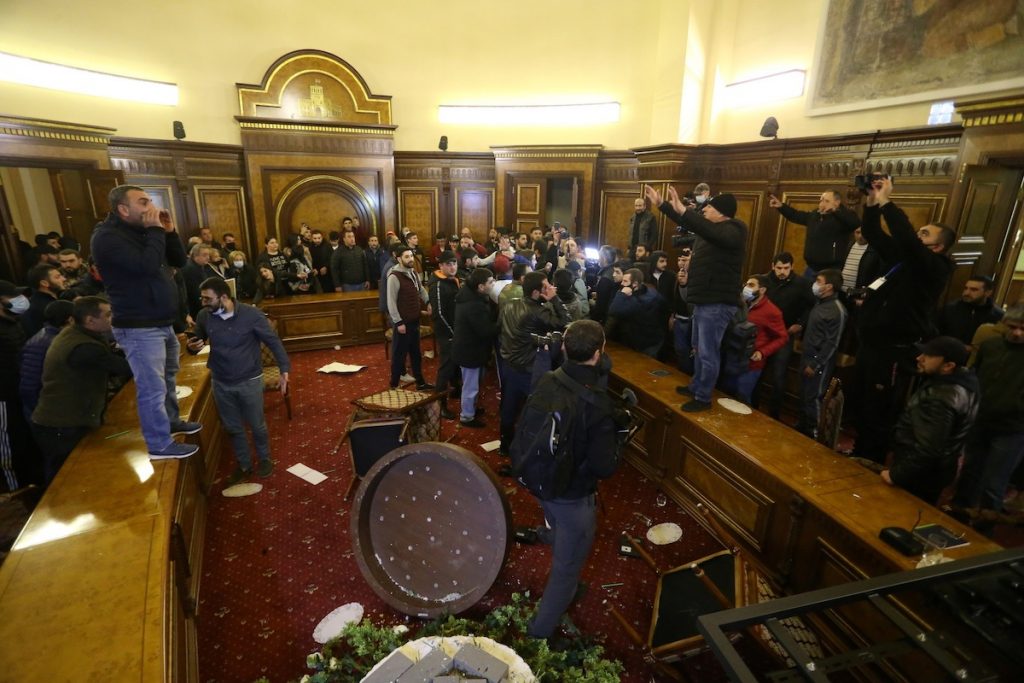
At the same time, many did not believe that the prime minister and leader of the 2018 velvet revolution, who came to power thanks to the support of the people, could agree to sign a document knowing it would be unacceptable to the public.
Therefore, at night several versions were discussed, including:
- Nikol Pashinyan was forced to sign an agreement
- He engaged in a conspiracy and has now fled the country
Find out details about what actually happened.
Pashinyan’s statement
At night, Nikol Pashinyan went live on his Facebook page. He explained that he made this tough decision, which is difficult for himself and the entire Armenian people, as a result of an analysis of the military situation and assessments of people who understand it well:
“The army said that we need to stop. Because we have questions, there are no prospects for their solution.”
He titled his speech “Why and who is to blame,” but in the end, he did not answer these questions. The prime minister said that he could not provide details of why he signed the agreement, since the ceasefire process is still underway, the situation has not stabilized. Pashinyan promised to reveal all the details in a while.
In addition, he stated that he is in the country and continues to carry out his duties. Moreover, the prime minister stressed that his wife and son are on the front lines, while opposition representatives who criticize his decision are very far from hostilities.
The call of the prime minister’s wife
After the signing of the document, Anna Hakobyan urged the people not to panic on her Facebook page:
“Our soldiers and we stand firmly in our positions. […] We will not surrender our homeland to enemies and traitors.”
This recording again raised doubts as to whether Pashinyan signed the agreement – until the prime minister himself spoke live and confirmed the information.
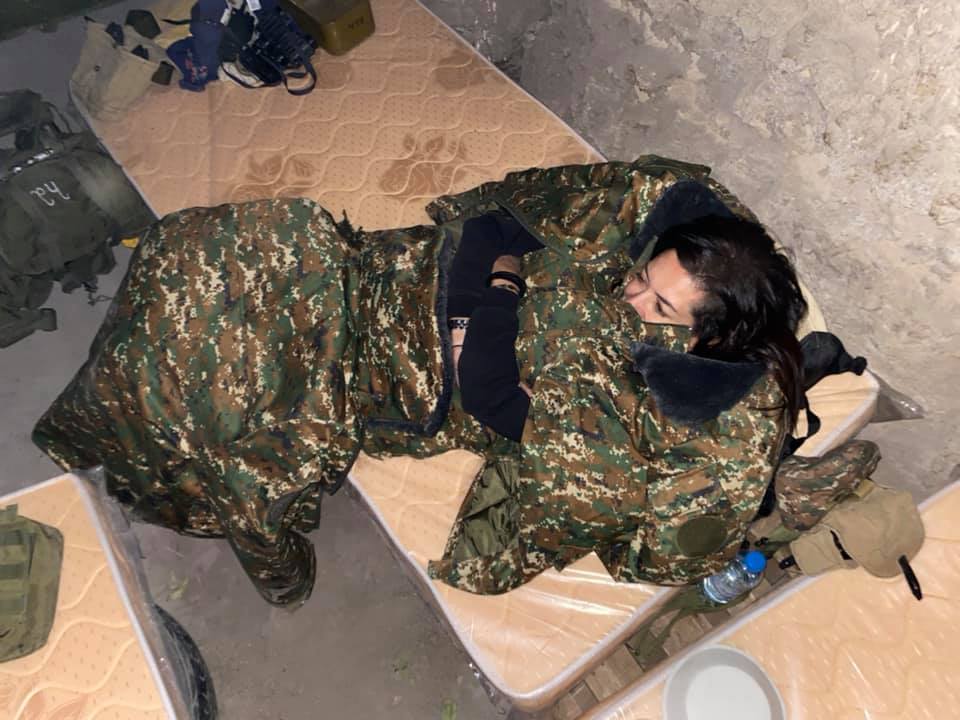
Opposition demands the resignation of the prime minister
A total of 17 political parties called for Nikol Pashinyan’s resignation even before the truce was reached.
In their statement, published on November 9, it is said that during the war, the current government demonstrated its inability to withstand internal and external challenges:
“Human and territorial losses, defective relations with Armenia’s allies, and, first of all, with the Russian Federation, make it obvious that the current government is bankrupt.”
To prevent the “collapse”, the opposition demanded the resignation of the prime minister and proposed creating a new executive body capable of solving military-political problems.
After the signing of the agreement, the opposition said that “resignation is the least that Pashinyan should do.”
“It was a necessary decision”
This statement was made by the President of Nagorno-Karabakh. According to Arayik Harutyunyan, if the hostilities continued, there would be more losses:
“We had to make this decision to save the lives of the military.”
But now, when it has already been adopted, the President considers the civil war to be a greater threat to Armenia and Karabakh and calls for consolidation:
“We will have the opportunity to make sober decisions – for this we need solidarity.”
Armenian president starts political consultations
On the morning of November 10, Armen Sargsyan said that he learned about the signing of the agreement on Karabakh and the conditions for ending the war from the press. The president stressed that he did not participate in the discussions on this issue. But he believes that the solution to the Karabakh conflict is of national importance, therefore any action, decision, and especially the signing of an agreement, should stem from universal and full-fledged discussions.
In this regard, Armen Sargsyan stated that he immediately starts political consultations to agree on “decisions reflecting national interests”:
“I hope that in ten days we will be able to achieve such unity.”
“The army did its best”
The Armenian Defense Ministry and the General Staff of the Armed Forces issued a statement. It says that the military did everything in its hands, that the Armenian army opposed the Azerbaijani armed forces, which were superior in numbers, as well as assisted by Turkey and several thousand hired terrorists.
The statement also says that the war is not over yet, the fighting in Karabakh continues, but it is time to stop the bloodshed:
“We urge to refrain from actions that could undermine the foundations of statehood, and, drawing lessons from all the mistakes made, create an incomparably stronger and more efficient army.”
On peacekeepers
According to the signed document, a Russian peacekeeping contingent will be deployed in the conflict zone: 1,960 servicemen with small arms, 90 armoured personnel carriers, 380 units of automobile and special equipment.
It is reported that eight planes with peacekeepers have already taken off from Russia to Armenia. Some of them are already in Karabakh and are beginning to take their positions.
Earlier, the President of Azerbaijan said that the Turkish military would also be involved in the peacekeepers’ mission in Nagorno-Karabakh. But the press secretary of the Armenian prime minister denied this information.
The official representative of the Russian Foreign Ministry Maria Zakharova also spoke on this issue:
“I would like to draw your attention to the peacekeeping forces. We are talking about the peacekeeping forces of the Russian Federation. When the text of the statement is published, no one will have any doubts.”
